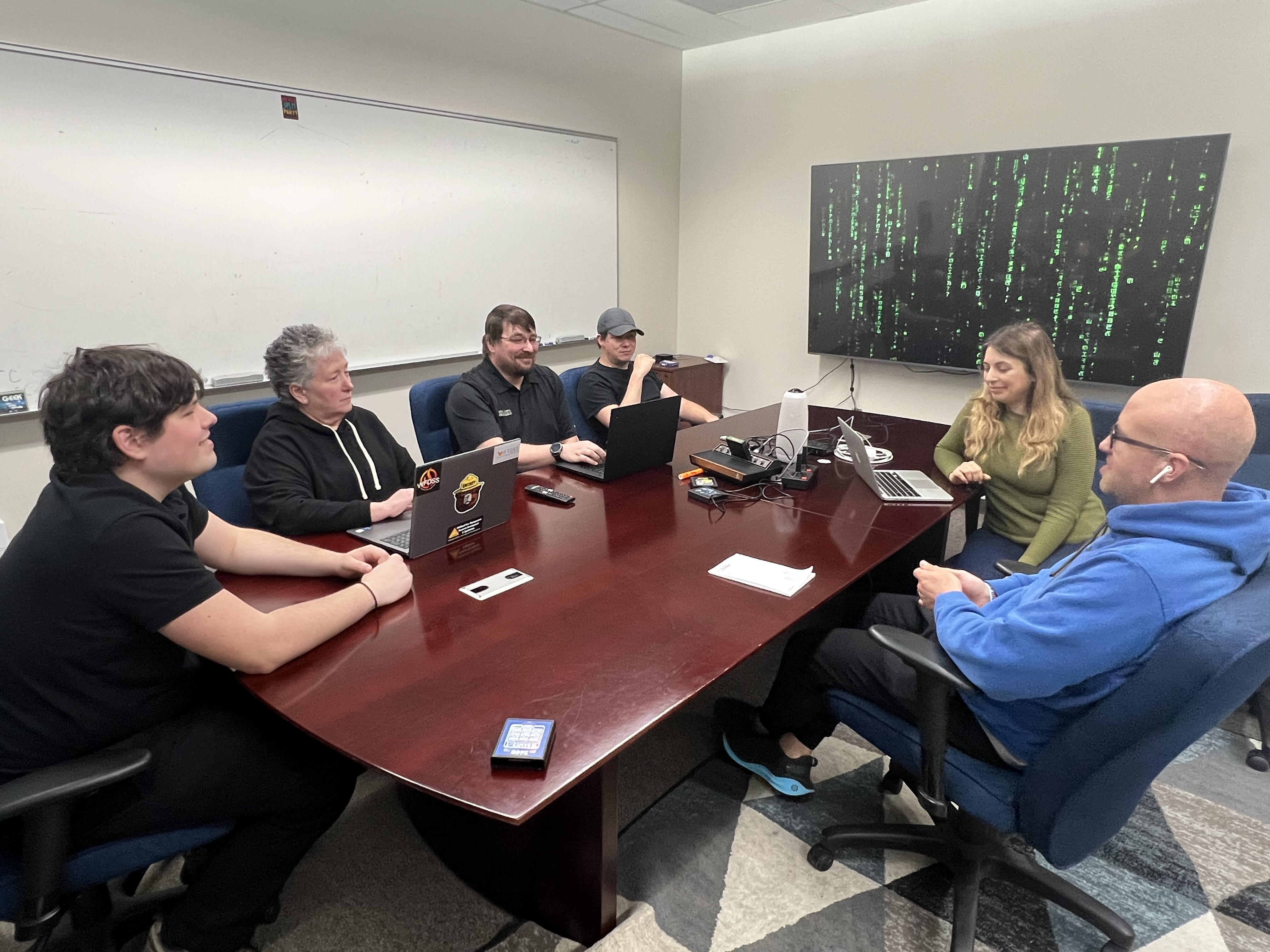
This work is part of Idaho’s NSF EPSCoR RII Track-1 award, Idaho Community-engaged Resilience for Energy-Water Systems (I-CREWS), that aims to address the impact of climate, population, and technological change on energy-water (E-W) systems. The Data Hub connects the various components of the I-CREWS project, so that information flows smoothly from one phase to the next. In the first two years of the project, the focus was on building the core infrastructure by conducting a full data needs assessment within I-CREWS, followed by feeding data into the Hub to help in energy-water simulations and inform scenario development. Other efforts include working closely with Tribal and university partners to establish data-sharing agreements. A public-facing webpage shares a growing list of available statewide datasets, and work has started on metadata and data standards to help make everything easier to find, understand, and reuse.
The I-CREWS Data Hub is laying the groundwork for how researchers and communities can think and act together about Idaho’s energy and water future. By expanding data ingestion, integrating both qualitative and quantitative inputs, and having open-source data, the Data Hub is scalable and will support data-informed decisions.
An Idaho team is creating an Energy-Water Data Hub that will serve as a solid infrastructure where the data can live and be shared securely. Through the shared platform, research teams can store, access, and collaborate on data—from raw measurements and historical records to modeling outputs and visualizations.
